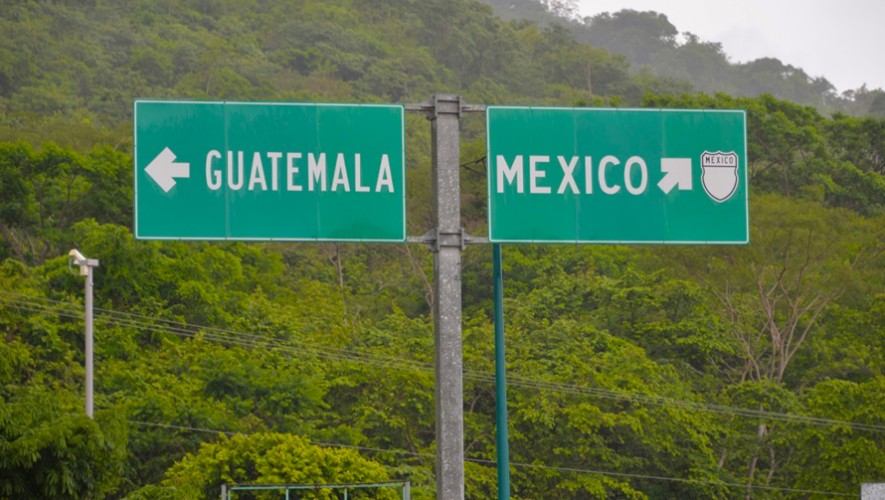Work plan establish a number of actions including the workshop – on Disaster Prevention, Civil Protection and Post-event Management Strategies, with special reference to seismic risk, which was held in the city of Tapachula in the Mexican State of Chiapas

President Peña Nieto went to Guatemala in June 2017 on a state visit to review the bilateral agenda. Among the agreements adopted, both countries issued the “Minutes for the XII Meeting of the Mexico-Guatemala Binational Commission” in which they jointly expressed their willingness and availability to produce a “Binational Strategy for the Territorial Development of the Guatemala-Mexico Border. This strategy will be coordinated and monitored by the Presidency of Guatemala’s Secretariat of Planning and Programming (SEGEPLAN) and the Mexican Secretariat for Agrarian, Territorial and Urban Development (SEDATU).
This important event re-initiates cross-border relations between Mexico and Guatemala, and the European Union’s EUROsociAL+ Programme is accompanying the two partner institutions as they work on this strategy. The programme aims to support the joint effort of both countries’ governments to transform the region’s society and economy through a new linkage dynamic leading to joint action to generate opportunities for the population that will translate into security and social and economic development, in short, sustainable and inclusive development.
A work plan established by the EUROsociAL Project Committee within the framework of this agreement established a number of actions including the Workshop– on Disaster Prevention, Civil Protection and Post-event Management Strategies, with special reference to seismic risk, which was held in the city of Tapachula in the Mexican State of Chiapas.
It was a great opportunity to share experiences and good practices within the context of the participating countries and for actors from different contexts to work together. The aim being to generate useful content to feed into the Binational Border Strategy design process.
Important contributions were made in the specific areas of Environmental Risks and Impact, by institutions such as the National Centre for Disaster Reduction (CENAPRED – Mexico), the National Coordinator for Disaster Reduction (CONRED – Guatemala), Chiapas Civil Protection (Mexico) and the Guatemalan PNUD.
Key points to be considered in the Strategy in relation to the role of Civil Protection were presented by the Chiapas Civil Protection School, the Mexican PNUD with its Policy for Disaster Risk Reduction and Resilient Communities, the Mexican National Human Rights Commission, which demonstrated that Civil Protection is a human right, and INMUJERES-México also included the gender dimension.
In the area of systems for governance and to promote territorial economic development, the United Nations Office for the Coordination of Humanitarian Affairs (OCHA, Mexico), the Chiapas – Guatemala Disaster Reduction Forum and the Italian Agenzia per la Ricostruzione della Regione Emilia – Romagna presented helpful contributions in the process of defining forms of binational cross-border cooperation.
In addition, it should be noted that the inputs arising during the front sessions in the mornings were “reused” by the participants within the framework of the four working groups that took met during the afternoons, supported by facilitators from SEDATU, SEGEPLAN and EUROsociAL+.
A large number of local government representatives from both border areas actively participated in all the proposed subject areas and in group activities. They committed to establishing joint agreements for the subsequent implementation of the Strategy.
All this took place under the general guidelines established during the opening session by the Architect Luis Ovando, Under Secretary for Land Use and Territorial Planning with SEGEPLAN-Guatemala, Miriam Villanueva Ayón, Director of the Southern Border with the Mexican Secretariat for External Relations and Marisa Ramos Rollón, Democratic Governance Coordinator with the EUROsociAL+ Programme.
Área de políticas de gobernanza democrática. Democratic governance area / EUROsociAL+



